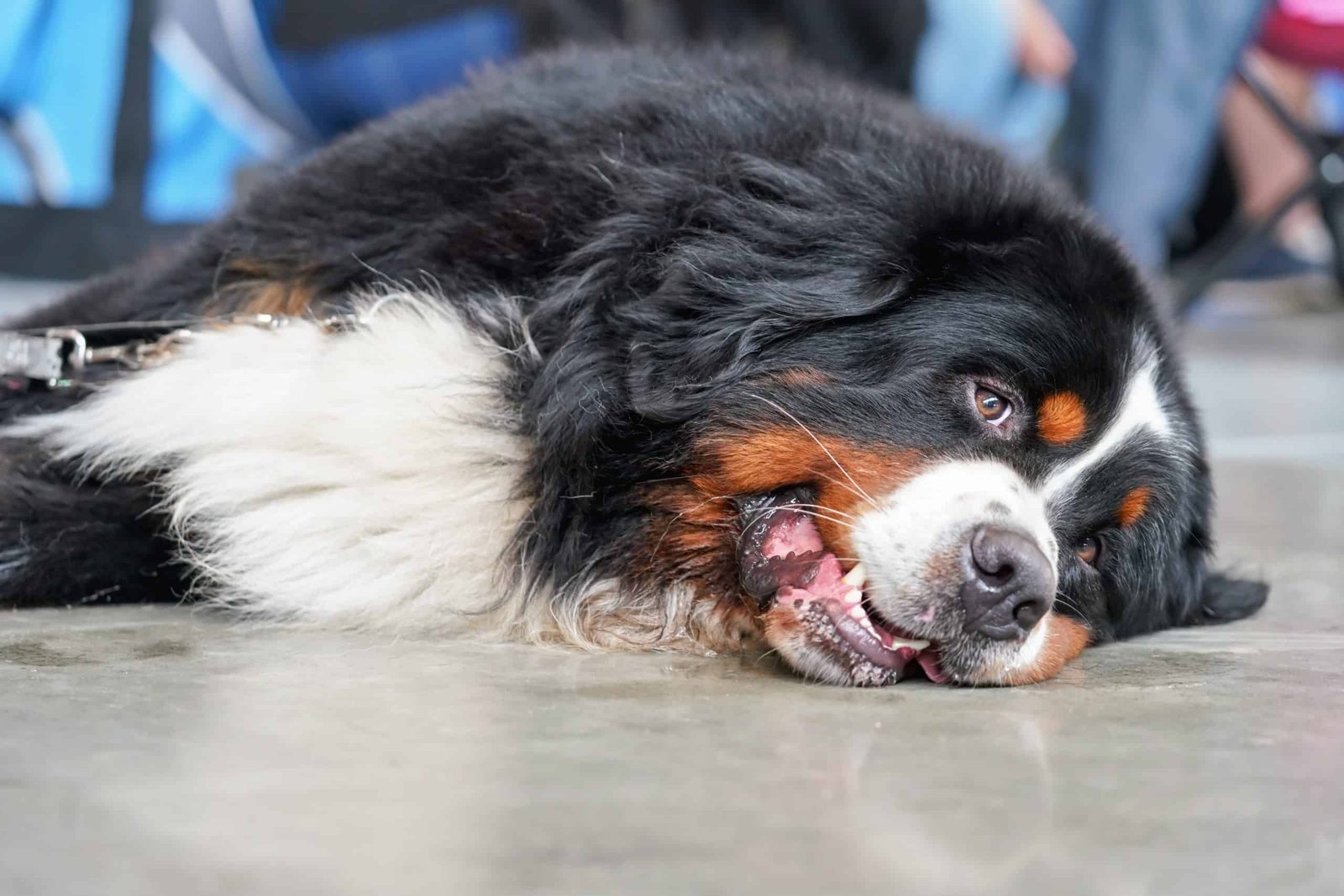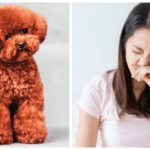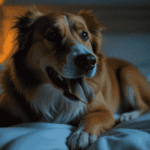Introduction
If your dog is panting excessively and restless at night, it could be due to anxiety, pain, or health issues like heart or respiratory problems. Environmental factors, such as heat or routine changes, may also play a role. Identifying the cause of dog panting at night and restless behavior is key to helping your pet get a peaceful night’s sleep. If it persists, a vet visit is recommended.
Why Is This Topic Important?
Nighttime restlessness can disrupt your dog’s health and your peace of mind. Addressing the root cause ensures both you and your pet enjoy restful nights.
Common Signs of Nocturnal Restlessness in Dogs
If your dog is pacing, whining, or panting at night, these behaviors suggest discomfort or distress.
Understanding Panting and Restlessness in Dogs
What Is Panting?
Panting is a natural way for dogs to cool down and regulate their body temperature. However, excessive or nighttime panting isn’t normal.
Why Do Dogs Become Restless at Night?
Restlessness can stem from various reasons, including discomfort, anxiety, or changes in routine.
Read More: Why Does My Dog Pant at Night?
Common Causes of Night Panting and Restlessness
Anxiety and Stress in Dogs
Dogs can feel anxious due to loud noises, separation, or unfamiliar environments, making it hard for them to relax.
Pain or Discomfort
Arthritis, injuries, or other painful conditions can prevent your dog from finding a comfortable sleeping position.
Heat or Overheating
A hot environment or excessive blankets can lead to overheating, causing your dog to pant excessively.
Respiratory Issues
Conditions like brachycephalic airway syndrome or allergies can make breathing difficult, especially at night.
Age-Related Changes
Senior dogs often experience cognitive dysfunction or joint pain, contributing to restlessness.
Behavioral Causes
Separation Anxiety
Dogs that are overly attached to their owners may struggle with being alone at night.
Lack of Exercise and Mental Stimulation
A dog with pent-up energy or boredom may find it hard to settle down.
Medical Conditions Related to Panting and Restlessness
Heart Problems
Heart disease can cause difficulty breathing, leading to panting and pacing.
Cushing’s Disease
This condition, caused by hormonal imbalances, often results in excessive panting and thirst.
Neurological Disorders
Seizures or other neurological issues can disturb your dog’s nighttime rest.
How to Address Panting and Restlessness
Creating a Calm Sleeping Environment
Use a quiet, dark space with a comfortable bed to help your dog relax.
Exercise and Mental Stimulation
Ensure your dog gets enough playtime and mental challenges during the day to reduce nighttime restlessness.
Monitoring Temperature and Comfort
Check for overheating and provide appropriate cooling or heating as needed.
Consulting a Veterinarian
If symptoms persist, a vet can diagnose and treat underlying medical issues.
When to Seek Immediate Help
Warning Signs to Watch For
Seek immediate care if your dog has labored breathing, collapses, or shows signs of severe distress.
Preventive Measures
Regular Check-Ups
Routine veterinary visits can catch potential issues early.
Maintaining a Routine
Consistency in feeding, exercise, and bedtime helps dogs feel secure and relaxed.
Conclusion
Nighttime panting and restlessness can disrupt your pet’s life and yours. By identifying the cause and taking appropriate steps, you can restore peaceful nights for everyone.
FAQs
Why does my dog pant more at night than during the day?
Night panting often indicates discomfort, anxiety, or a medical condition that worsens when the dog is inactive.
Can anxiety medications help my restless dog at night?
Yes, under veterinary guidance, medications can reduce anxiety and help your dog settle down.
How can I tell if my dog is panting due to pain?
Look for additional signs like whining, limping, or avoiding movement.
What can I do to make my dog feel more comfortable at night?
Ensure a calm environment, proper exercise, and check for any discomfort or health issues.
Should I be worried about my dog’s restlessness if it’s occasional?
Occasional restlessness is often normal but monitor for patterns or additional symptoms.










